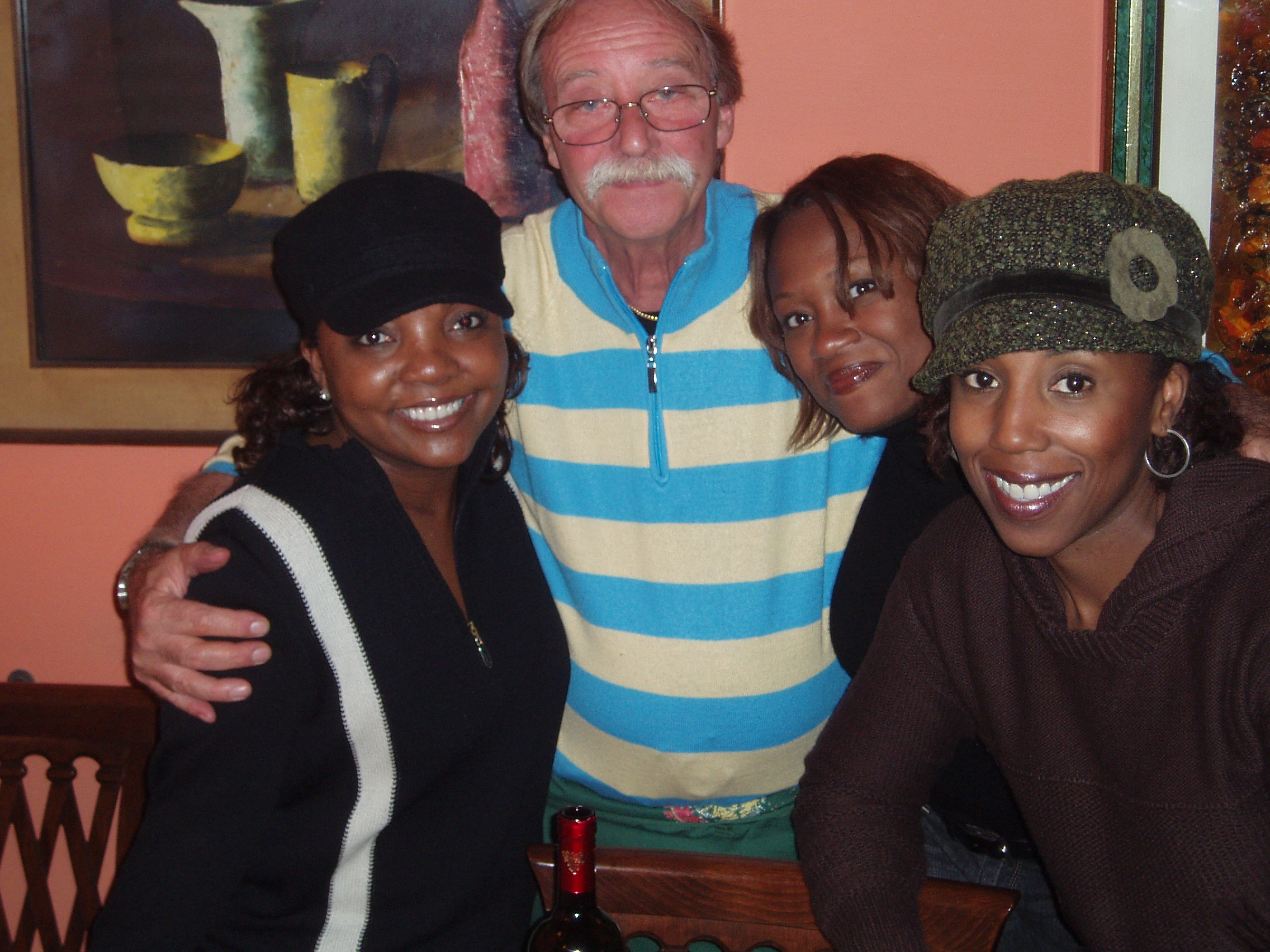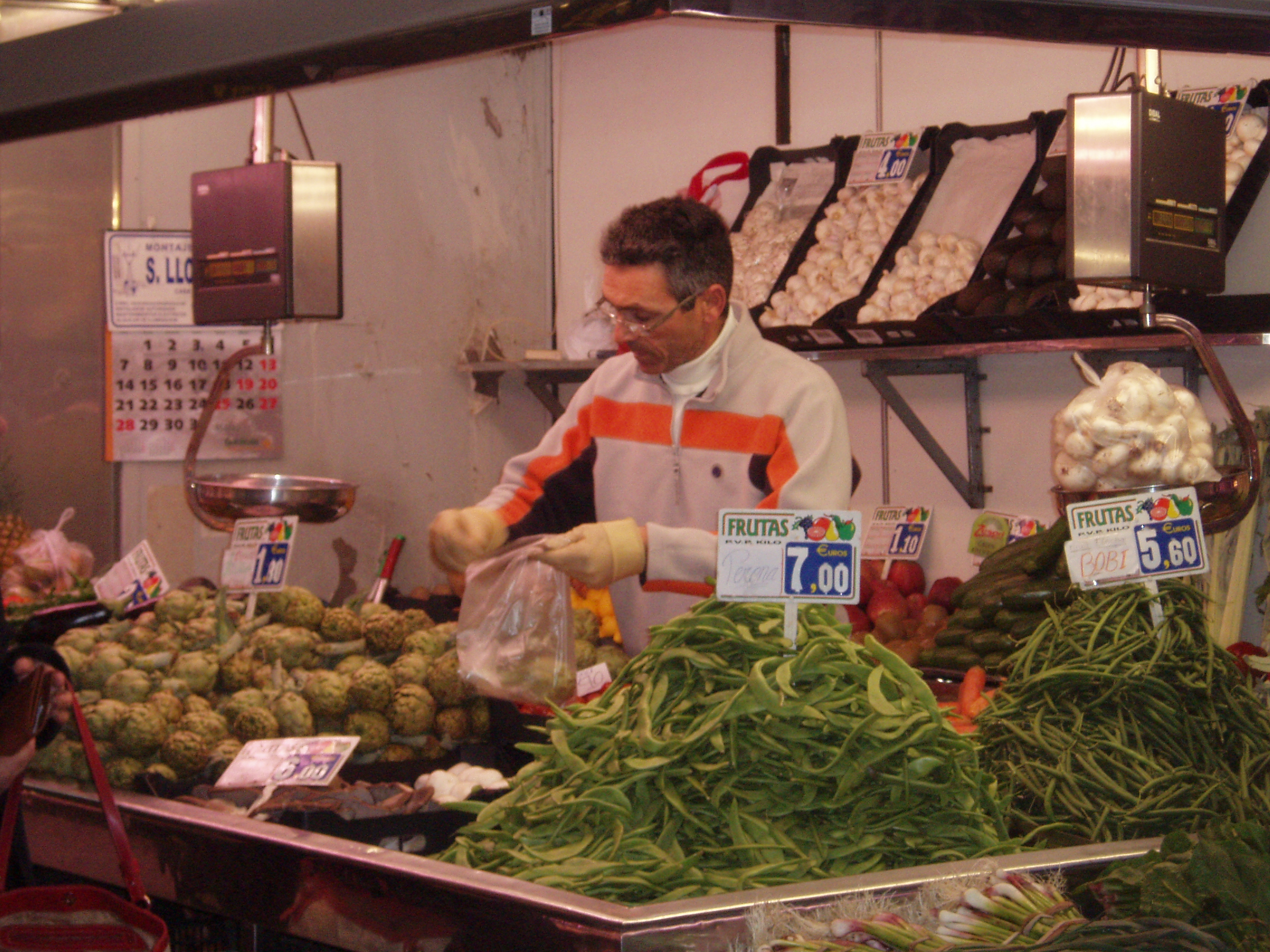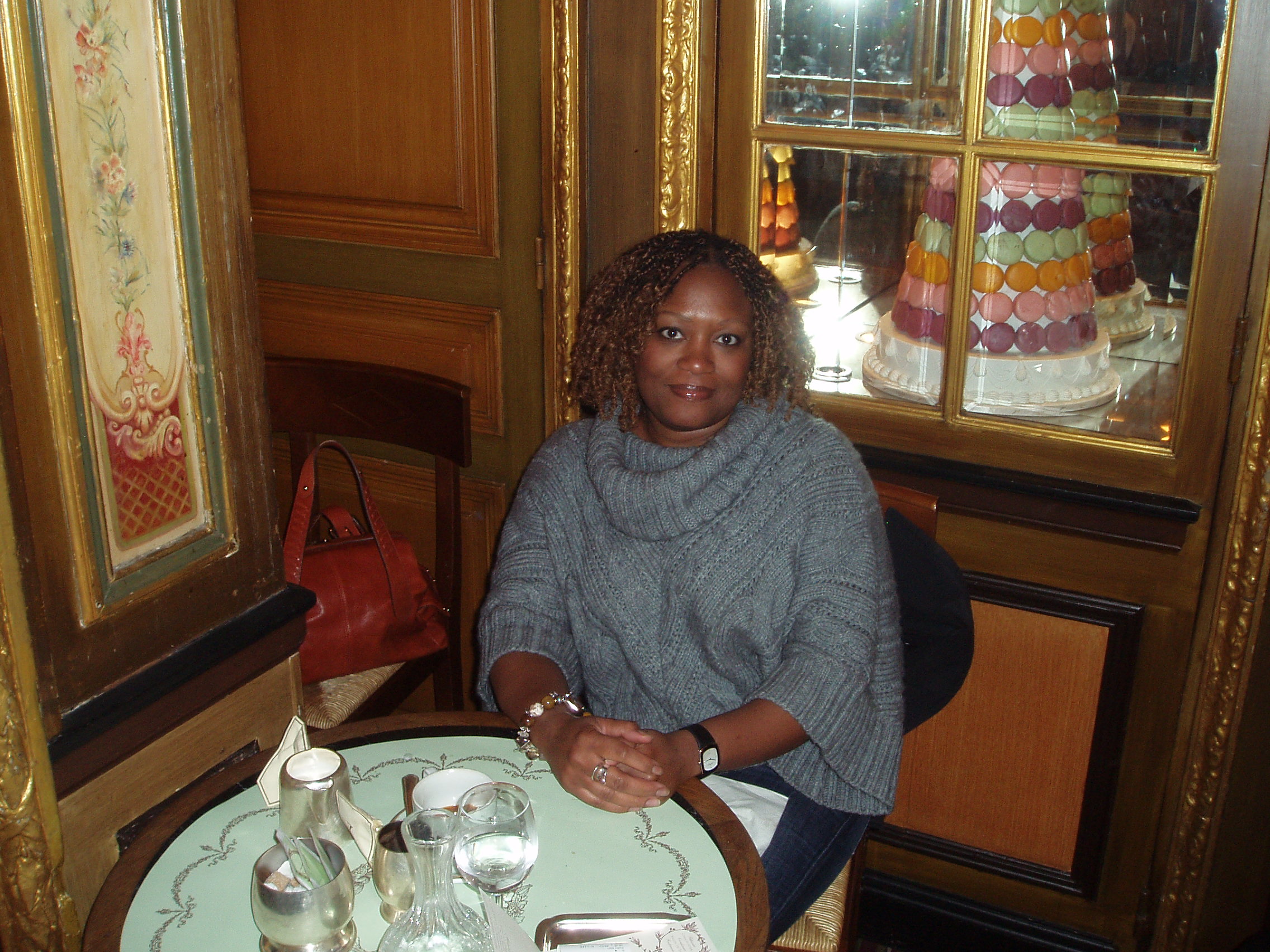


For most folks, spending 10 bucks and a couple hours at the movies is all about passive entertainment. But sometimes, you encounter a cinematic gem that literally becomes life-changing, that totally alters the way you see the world. That one for me was 2003’s “Under the Tuscan Sun,” which inspired me, following a major surgery and reordering of life priorities, to quit my corporate job and pack my bags for fabulous Firenze (Florence), Italy.
Even now, if I’m flipping channels on the TV and “Tuscan Sun” is on, regardless of whether the film’s at the beginning, middle or end, I plop down and watch. And certamente, I own the DVD—and when I’m feeling the need for a bit of inspiration, I’ll view it again. I recently interviewed Under the Tuscan Sun author Frances Mayes for a national Travel story, and that conversation took me back to those dreamy days of living in bella Italia.
The latest movie buzz, of course, is about Julia Roberts’ “Eat Pray Love,” which hit U.S. cinemas earlier this month. As I’m sure you know (or have heard, whether you wanted to or not), this gorgeous travelogue-on-film it’s based on Elizabeth Gilbert’s monster best-selling memoir about ditching New York City after a traumatic divorce and subsequent love affair and spending a year traveling through Italy, India and Indonesia. (Her gig was WAY easier than mine, as her publisher’s book advance funded her year of self-discovery.) Personally, I never got past the “Eat” portion of the book, but perhaps that’s because I’m too Italy-obsessed to care about the rest.
But here’s what got me thinking: none of the films I’ve seen extolling the joys of traveling and/or relocating abroad has ever starred a black woman—or a woman of color AT ALL. (Please, someone, tell me if I’ve missed one.) Wouldn’t it be fabulous to meet a mocha-skinned sister chucking it all to chase her destiny in bella Italia or bodacious Buenos Aires? Now THAT’s a film I’d gladly pay over and over to watch!
And we know these stories are out there. I met two INCREDIBLE African-American sisters in Italy, and we’ve become great friends over the years—in part because of this amazing shared black-girl expat experience. I know single black women who packed up their kids and traded their American lives for Parisian ones. Fierce black females making their way in the corporate worlds of London and Dubai. We’ve seen memoirs like Kinky Gazpacho, a great read from African-American writer Lori L. Tharps about her lifelong fascination with Spain—and how she ended up netting a husband in the process.
But those stories never get told on the big screen.
I don’t know—maybe a filmmaker’s tried to green-light a project but was told it was too “niche” and wouldn’t appeal to a broad audience. (But OF COURSE, we women of color are ALWAYS supposed to easily identify with everyone else’s stories.)
I’d LOVE to know from you UrbanTravelGirls what films have whetted your appetite and prompted YOU to pack your bags for foreign shores, even if you didn’t plan a permanent vacation? What movies are must-adds to our Netflix queues?
And ALSO, share what overseas-adventure film you’d LOVE to see translated into a “sistagirl” version. Tell us—we’re waiting to be inspired!







